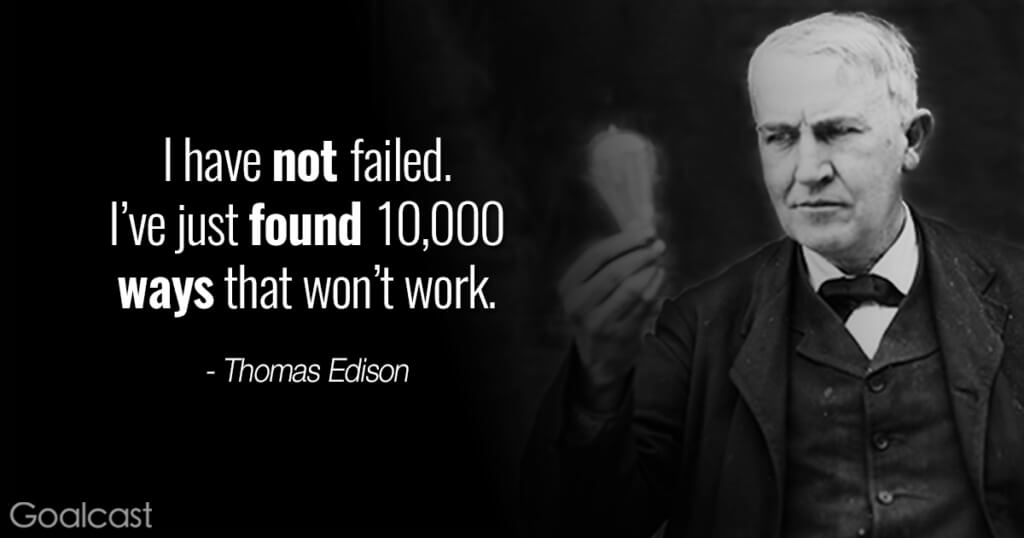Losers Like Us
“And they all left him and fled.” – Mark 14:50 (ESV)
Jesus Knows Loneliness
Those disciples. They bailed on their Master and friend. This hits home for those of us who’ve faced loneliness or have felt like we let someone down.
Isn’t it comforting to know that Jesus Himself, the Savior of the world, understands what it’s like to be lonely? At the very moment when he could have used the support the most, everybody bolted. Imagine the heartbreak! Yet, He doesn’t wallow in that. Instead, He moves forward, carrying the weight of the world’s sins to the cross. There’s something so profoundly human about this experience of loneliness. I reckon that when you or I feel deserted, we’re in good company. Jesus has been there and He gets it. We’re not alone in our aloneness, if you catch my drift.
Your Faithfulness Matters
Those little things you do? They matter. They matter a lot, especially to a God who felt the sting of being left alone. You don’t have to go around changing water into wine to make a difference. Sometimes, it’s as simple as sitting beside someone who’s having a rough day or helping a neighbor with groceries. Every kind act is like a warm hug to Jesus, telling Him, “You’re not alone, and neither am I.” It’s a two-way street of comfort that’s both cosmic and intimate.
From Deserters to Disciples
Here’s where the message really kicks in. You know those guys who deserted Jesus? They ended up being the cornerstones of the Christian church! Peter, who denied Him not once but three times, became one of the great Apostles. Heck, he even got the keys to the Kingdom! God doesn’t call the qualified; He qualifies the called.
Let’s face it, we’ve all had our “deserter” moments. Maybe it was a promise you couldn’t keep or a calling you ignored because you were too scared or didn’t think you were up to the task. But guess what? God still wants you. He wants to use you, flaws and all, for His incredible purposes.

The Power of “Losers”
You might personify those disciples as failures. Losers. I think that’s gold right there. God’s economy doesn’t operate like the world’s. The world applauds success, but God applauds faithfulness. The world seeks the spotlight, but God seeks the heart. In His eyes, a “loser” who is faithful is a true winner, equipped to heal and minister, just like those deserters-turned-disciples.
In the grand story of redemption, it’s not the mighty or the successful who take center stage. It’s the humble, the flawed, and yes, even the deserters, who become heroes in God’s narrative. They are the ones who are given the power to change lives and heal broken hearts.
So there you have it. We all falter, but in God’s eyes, that doesn’t disqualify us. If anything, it sets us up for a comeback, turning us into bearers of His hope, grace, and love. Just remember, you’re never alone on this journey.







